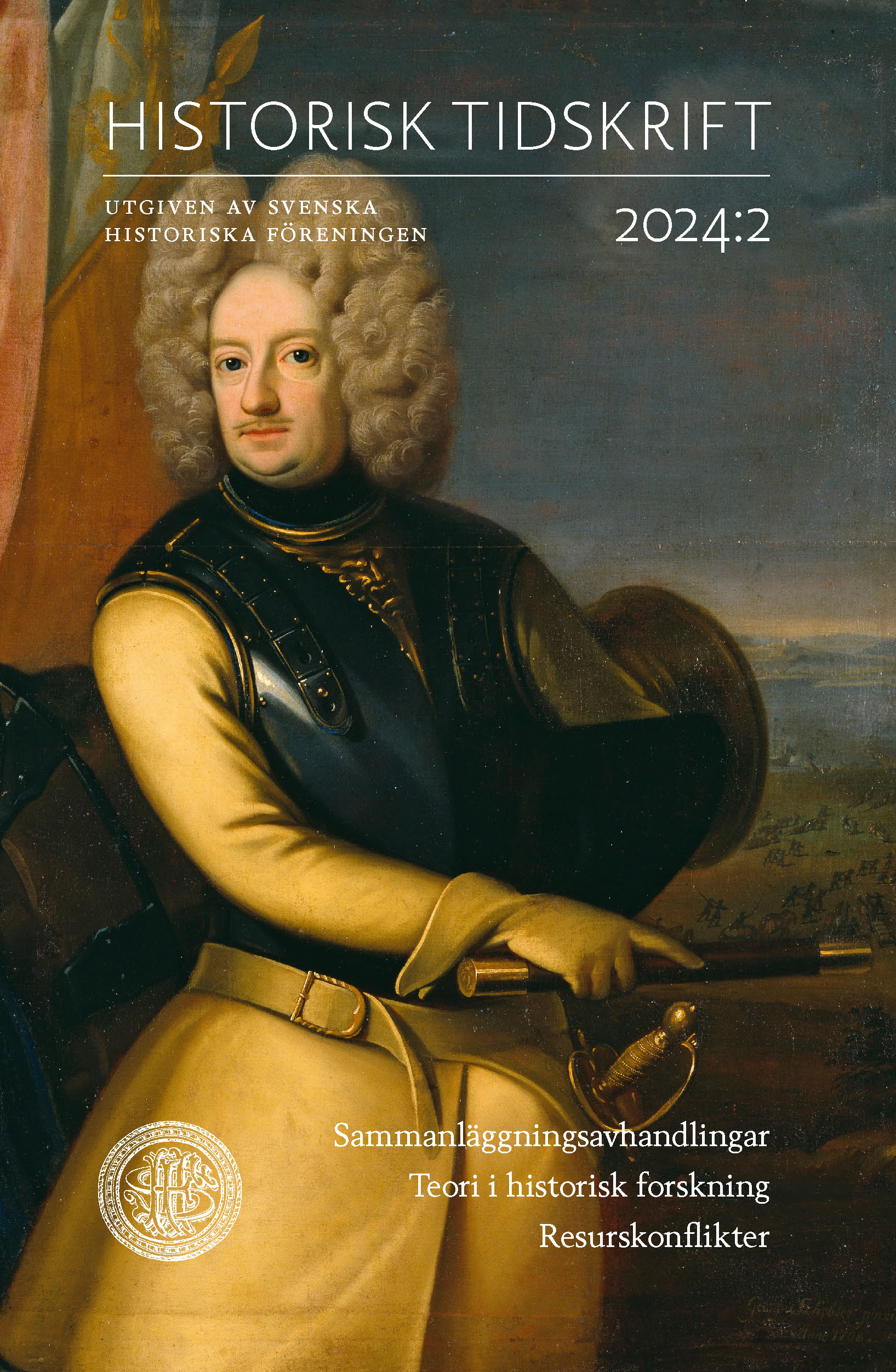Abstract
Energy shortages and resource disputes: Forest degradation in Sweden, 1740–1820
In the eighteenth century, Sweden saw a fierce, elite-driven debate in Kungl. Vetenskapsakademien (Royal Swedish Academy of Sciences) and Kungl. Patriotiska sällskapet (Royal Patriotic Society) about the country’s wood shortage. It was echoed in several strict forest ordinances, introduced primarily to safeguard the interests of the iron industry. The elite tended to blame the peasantry and their supposed ”skogsödande” or squandering of forestry resources. If the waste of timber and fuel could not be halted, there would be no end to the misery that would befall the country for generations to come; however, were sustainable forestry practices and responsible wood use to be adopted, in accordance with the elite’s proposals, then there would be no limit to Sweden’s prosperity and success.
The various explanations of the waste of forestry resources intersected with contemporary cameralism, but also drew on the traditional elite arguments about resource management, making a clear distinction between progressive, moral, patriarchal elite rule and the backward practices of recalcitrant commoners – a distinction that centred on the discourses of threat and solution. It was believed the peasantry were guilty of forest degradation and thus it was their responsibility to remedy it. Any and all of the peasants’ practices, no matter how minor, were thought evidence of their poor forest management and wasteful use of wood. This gave the elite the opportunity to frame such practices as against the interests of the nation and even the peasantry. Good governance by the elite was essential for the preservation of the woodlands, as well as optimising wood use and replacing wood with wood-saving alternatives. Only then could Sweden’s forests be made to flourish again.
The peasantry countered the elite’s arguments by portraying themselves as both professional and patriotic foresters, who possessed all the skills for sustainable forestry. They contended that the cause of forest degradation lay not with the peasantry, but with overzealous legislators and officials, regulations, trade barriers, levies, and overambitious infrastructure projects. As such, the peasantry argued that only through deregulation and land reform to benefit privately owned forests would the Swedish state be able to mitigate the threat of deforestation and save one of its most precious resources.

